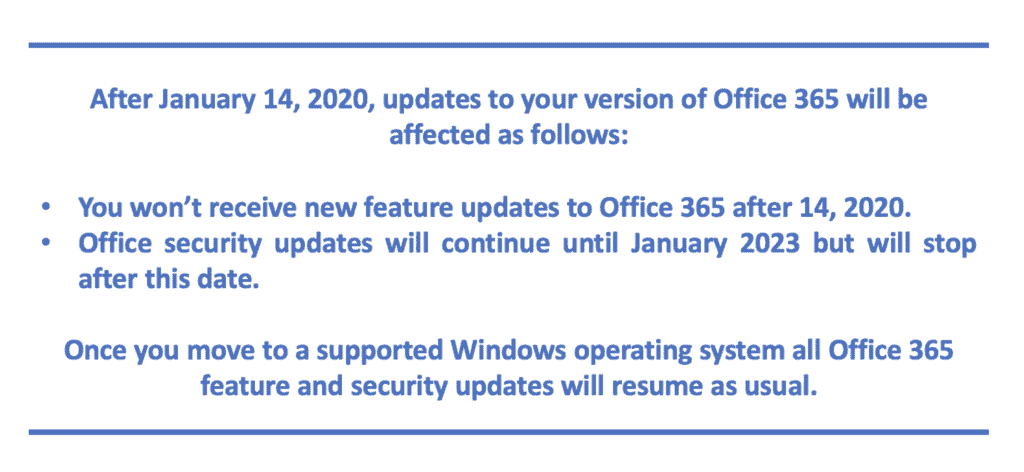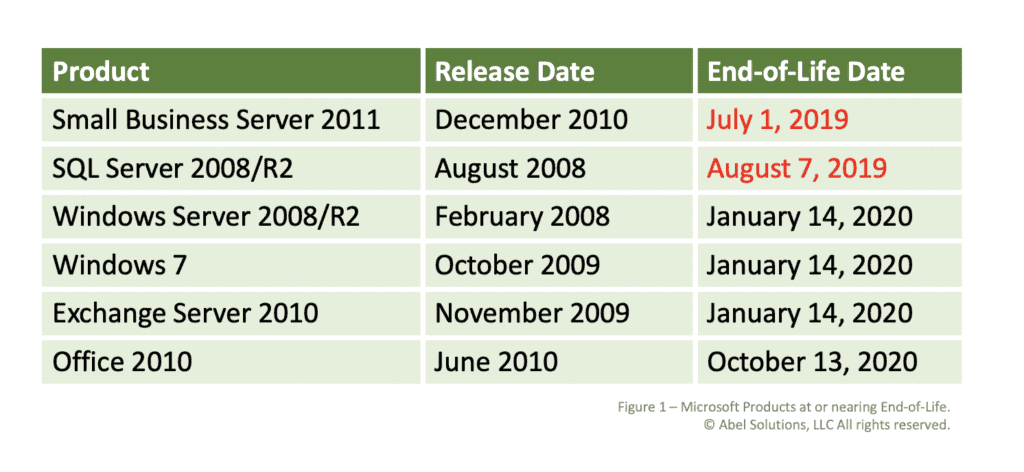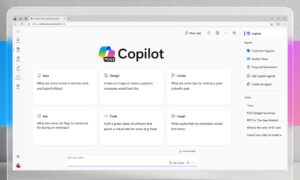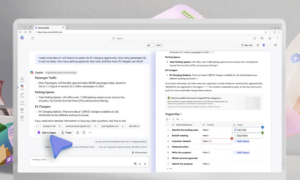[vc_row][vc_column][vc_column_text]In our May 2019 Insight we went in-depth into what Windows 7 End-of-Life means for your business. Six month later and with only 2 months left we felt it was once again important to cover this topic. While Microsoft has made it clear for some time now that the official end of support for Windows 7 (and other related software outlined in Figure 1 below) was coming, they’ve recently stepped-up the urgency by announcing that those who choose to continue to use Windows 7 with modern Office 365 will receive reduced functionality along with potential performance and reliability issues.
In summary Microsoft conveyed:

Microsoft has made it clear that continuing to use Windows 7 after it exits extended support will be both risky and difficult, and those difficulties will now affect usage of Office 365 on Windows 7.
Not just Windows 7
As we mentioned in our May 2019 Insight, other Microsoft products that you may be using could be nearing the end of their extended support life span or may have already passed that date.
Microsoft Windows Server 2008 and Server 2008 R2 are equivalent to “Windows 7” of the Windows Server family, as they are all built on the same underlying technology. Just like Windows 7, they both reach official end-of-life status on January 14, 2020.
Microsoft SQL Server 2008 and SQL Server 2008 R2 both reached end-of-life earlier this year on July 9, 2019. SQL Server is a database server and could be managing the data for numerous line-of-business applications that you use daily, such as your accounting software, web services and many other applications that you may not be immediately aware of, but are potentially critical to your business. Both Windows Server 2008 and SQL server 2008 were extremely popular at the time, so if you have not embarked on a company-wide infrastructure upgrade in recent years, you may be impacted by these changes.
Another point to consider: While Microsoft has not made any official announcements of changes in the interoperability of Windows Server 2008, SQL Server 2008 and more modern technologies (e.g., applications based on newer versions of IIS, Windows Server 2019, etc.), the reality is that if you are using either of these to operate alongside such items, you could run into the same difficulties with compatibility and degraded features that we mentioned earlier with Windows 7 and modern versions of Office.
Engage with Abel Solutions
If you’re still relying on Windows 7 or any of the other identified software, Abel Solutions can help you map out a plan to avoid costly interruptions to your business processes. Abel Solutions consultants have extensive experience helping customers migrate off these platforms and modernize their infrastructure. Let us help you and ensure your business continuity.
This Abel Insight written by Abel Solutions IT Services Manager, Jason Casteel.[/vc_column_text][/vc_column][/vc_row]






